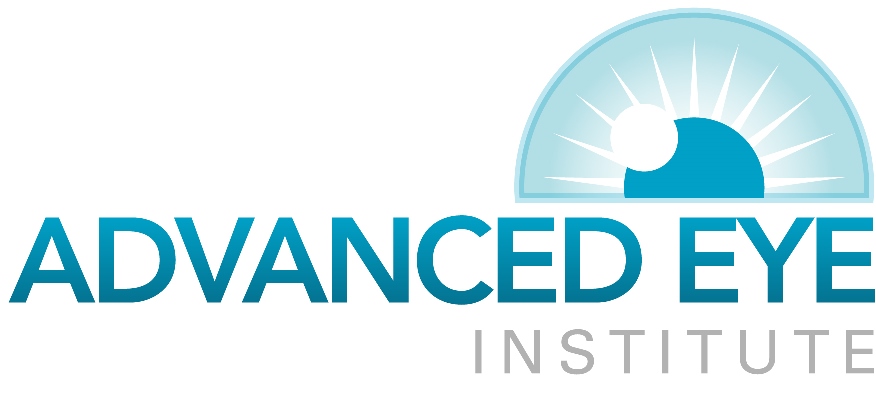Surgical vision correction options by Age

Birth to 18
Although in extreme cases surgical vision correction may be reasonable for patients less than 18 years of age it is not typical and usually not recommended. The eye should reach what ophthalmologists term “ocular maturity” before deciding on a surgical option for vision correction. Ocular maturity is the stage in eye development when eye has finished growing and prescriptions remain relatively stable. As children grow, the eye grows and changes making prescriptions change frequently. Most patients will reach ocular maturity by age 18 but there are still up to 10% of patients whose prescription may still fluctuate up until age 21. When considering surgical vision correction options at young ages, parents should seek consultation as early as 16 years and make sure prescriptions are stable for 12 to 24 months prior to any surgical intervention. Before age 18, glasses and contact lenses will be the best options for vision correction and your ophthalmologist or other eye care professional can perform regular checks to make sure your child’s prescription is up to date.

18-40
Most people are not usually thrilled to be required to wear glasses or contact lenses to have good vision and the situation is amplified with larger prescriptions as some patients are actually legally blind without their correction. This makes normal daily activities completely dependent on these devices to function, and many look for surgical options that can alleviate the need for correction. At this age range the best option to alleviate need for glasses or contact lenses is going to be laser vision correction. This can be accomplished by undergoing either a LASIK or Advanced surface ablation procedure. Patients must have an evaluation prior to any surgical intervention where your surgeon will discuss the risks and benefits of these procedures and what type of procedure if any would be your best option for vision correction.

41-60
Patients in this age range can be challenging because of the natural onset of “Presbyopia”. Presbyopia is when the eye’s natural lens begins to become more rigid and it is not able to change its shape as well to add additional light focusing power to allow for good near vision. This is why people who previously had no need for glasses correction will become dependent on over the counter reading glasses for reading and computer work. Though the lens remains clear for many at these ages it is not usually possible to have both distance and near vision simultaneously in each eye due to this condition. Both eyes can be set for good distance vision with laser vision correction, but patients would still require over the counter reading glasses for reading and other near vision dependent activities.
Another option is to have one eye set for near vision and the other eye set for distance vision. This is called “monovision”. Your surgeon can fit you with a contact lens trial for monovision to see if you tolerate it well for most daily activities. If so, laser vision correction with either LASIK or PRK could be a good vision correction option for you that would eliminate the need for glasses and contact lenses for most activities. You would need an evaluation prior to any surgical intervention to go over risks and benefits of laser vision correction and to talk with your surgeon about what your best laser vision correction option would be.
In contrast to patients who have no cataracts at this stage of life, some may have cataracts at the time of your surgical vision correction consultation, and in these cases a lens based vision correction procedure such as refractive cataract surgery may be recommended instead of LASIK or PRK. Your surgeon will discuss with you your lens replacement options in conjunction with laser cataract surgery that can have you less dependent on glasses and contact lenses while simultaneously removing the medical cause of visual impairment, the cataract.
You can call anytime to schedule a consultation to find out what type of procedure would be best for your lifestyle needs.

61+
While laser vision correction such as LASIK or PRK can still be options for vision correction in this age group, it is not uncommon for patients at these ages to begin to see signs of declining vision that can often be related to a clouding of the eye’s natural lens or cataract. As we get older, the eye undergoes aging changes, most of which are non-reversible , however, cataracts are one aging problem surgeons are able to correct with amazing results. Cataract surgery is truly one of the marvels of modern medicine and now armed with the technologic advancements in refractive cataract surgery your surgeon can remove the cataract as well as minimize your dependency on glasses for most or all activities. Advanced Eye Institute offers a wide array of vision correction options that can minimize your need for glasses correction and improve the overall quality of your vision. Schedule an appointment to learn what your vision correction options are.
Experience You Can See
Thibodaux : 985-446-0506 | Houma : 985-879-2393
